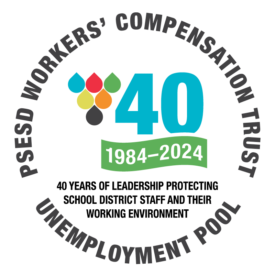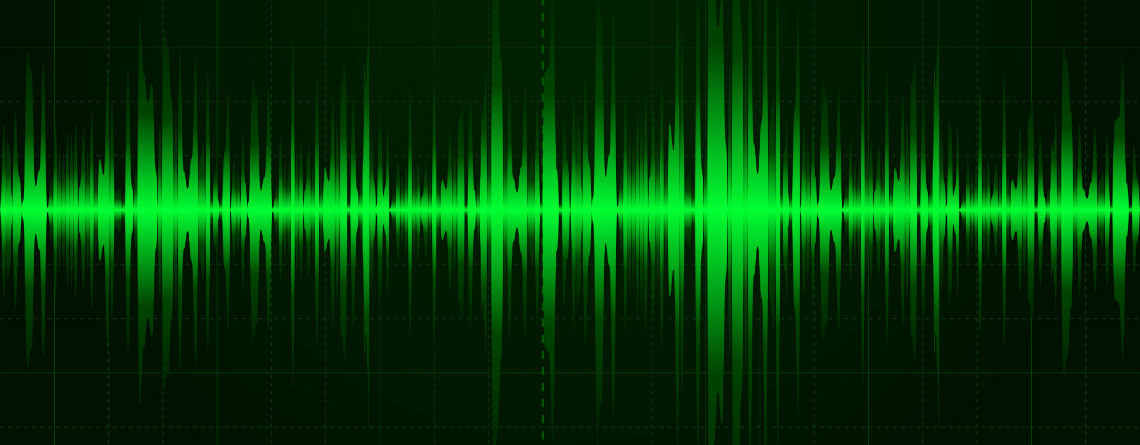The start of the new school year is the perfect opportunity to act to improve student and staff health at your school. It is a proven fact that healthy indoor air quality (IAQ) in schools helps students and staff to reduce absenteeism and increase productivity and test scores. Schools are now clean, well-organized; lot of buildings have been fixed or improved during the summer. Now it is the incoming staff’s turn to keep thing in good shape, learn about basic IAQ facts, increase awareness and contribute personally to a healthy indoor environment that support education.
There is a tremendous amount of information available on the net, but some of it is not high quality, can be misleading or focuses on advertising services. It is better to focus on scientifically proven info and education provided by the Environmental Protection Agency’s “Tools for Schools” program (https://www.epa.gov/iaq-schools) and the Washington State Department of Health’s (DOH) School Environmental Health and Safety and Indoor Air Quality program
(https://www.doh.wa.gov/AboutUs/ProgramsandServices/EnvironmentalPublicHealth/EnvironmentalHealthandSafety/Schools). DOH provides short, concise info sheets on how to achieve and maintain a good indoor environment in schools. We very much recommend that our member districts distribute IAQ information received from the DOH and from us to all staff, so everyone has the necessary awareness and guidance.
The Worker’s Compensation Trust supports our districts in the quest to create and promote a healthy indoor environment and improve student and staff health. We assist with evaluation of your particular situation, provide consultation and generate feedback reports with recommendations. By using our services in a timely manner, you will be able to fix problems and address staff needs before they turn into crisis situations or claims. Our indoor air quality (IAQ) assistance program is based on the EPA’s Tools for Schools program and information from the State DOH, modified to address your very own needs. For assistance please Contact the WCT Industrial Hygiene Consultant Elizabeth Jakab at 425-917-7640 or 206-200-4463.



